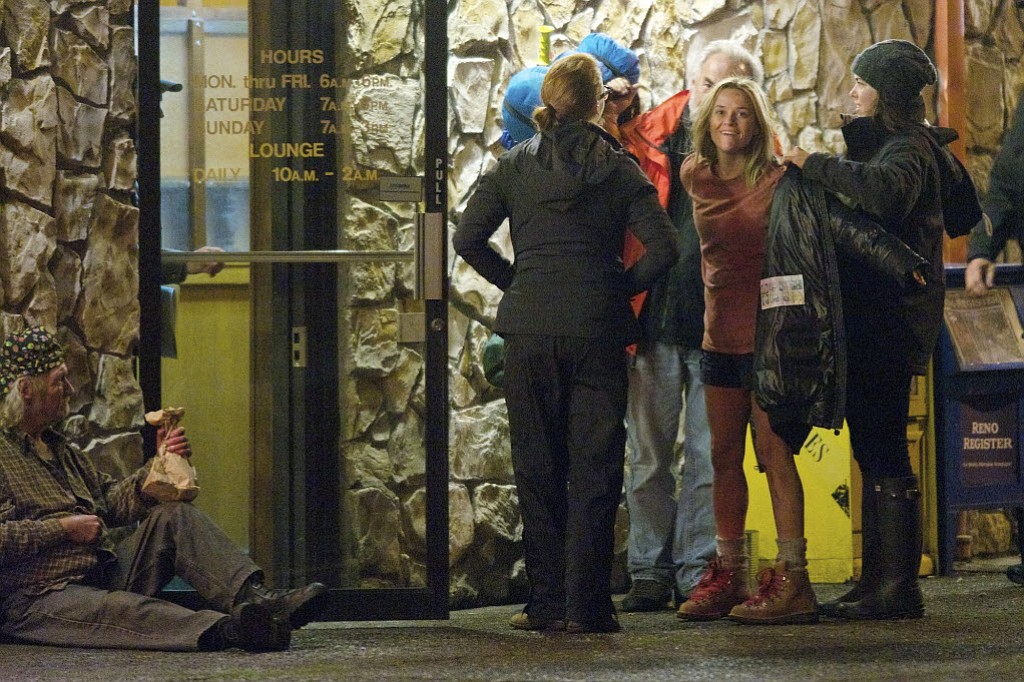Some TV shows and films with Vancouver/Clark County scenes:
o “Wild,” starring Reese Witherspoon, filmed at Paul’s Restaurant Nov. 7, 2013. Release date Dec. 5.
o “Portlandia,” TV series, filmed at the Bonneville Power Administration Ross Complex and PeaceHealth Southwest Medical Center.
o “Leverage,” TV series starring Timothy Hutton, filmed in various Vancouver locations in 2009 and 2011.
o “Extraordinary Measures,” 2010 film starring Harrison Ford, Brendan Fraser and Keri Russell, partially filmed in the Vancouver City Hall building.
o “Twilight,” a 2008 film starring Kristen Stewart and Robert Pattinson, shot at Kadow’s Marina, Washougal, Bonneville Dam and Bridge of the Gods.
o “Nowhere Man,” 1996 TV series starring Bruce Greenwood, scenes shot at The Columbian.
With more than 100 million online video views, 190,000 subscribers and a new Hollywood book and movie deal, the Vancouver-made “The Haunting of Sunshine Girl” may be the city’s most successful film and video project ever.



